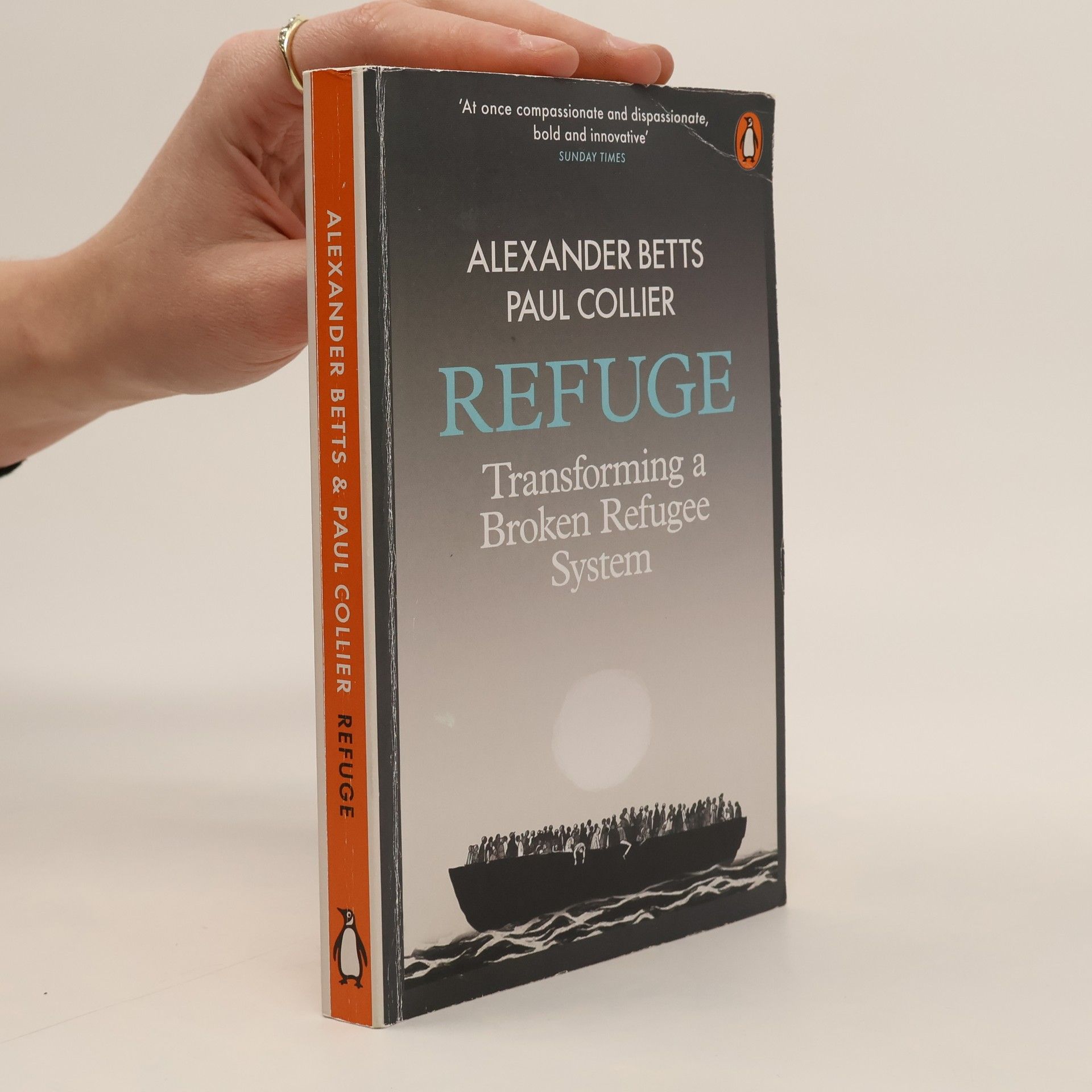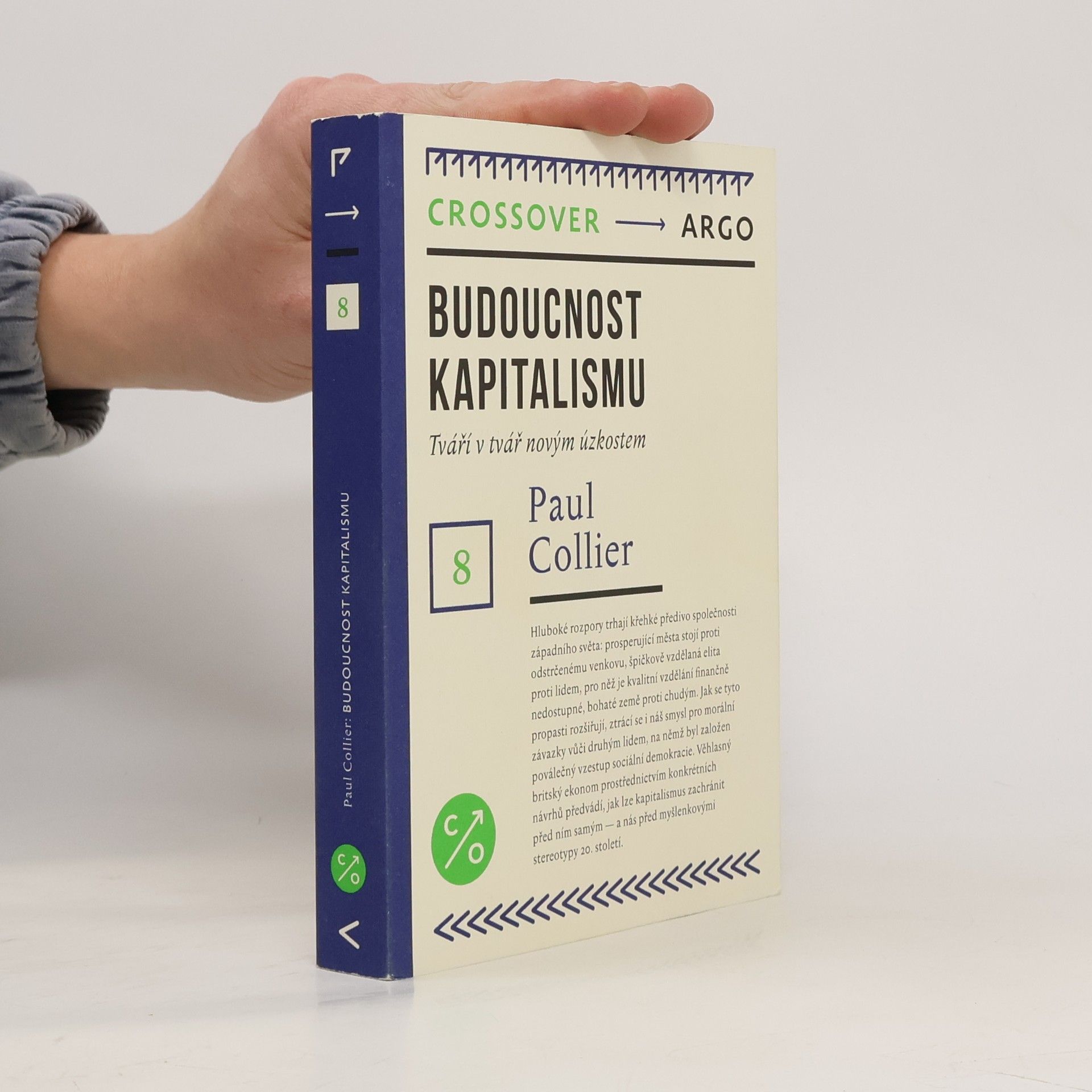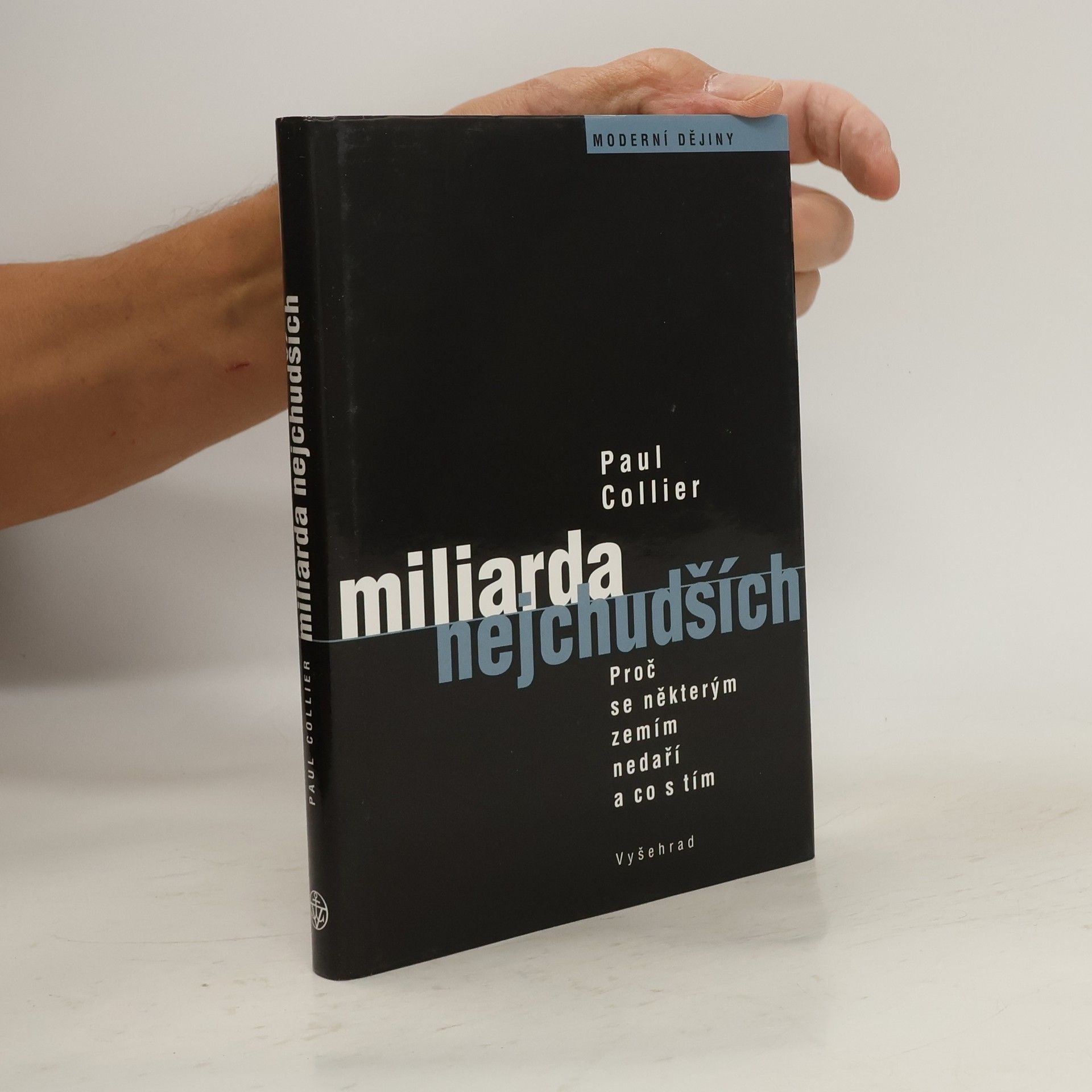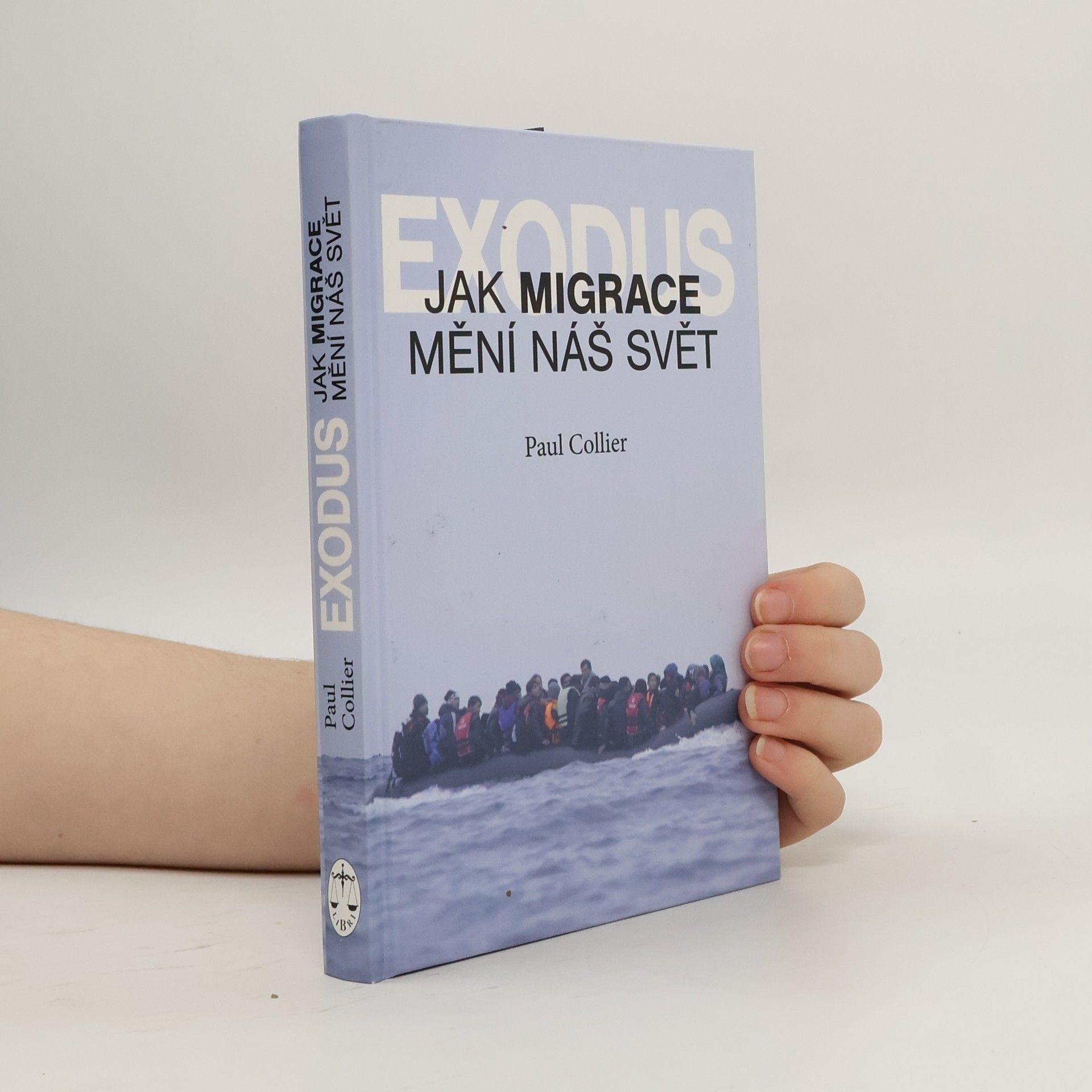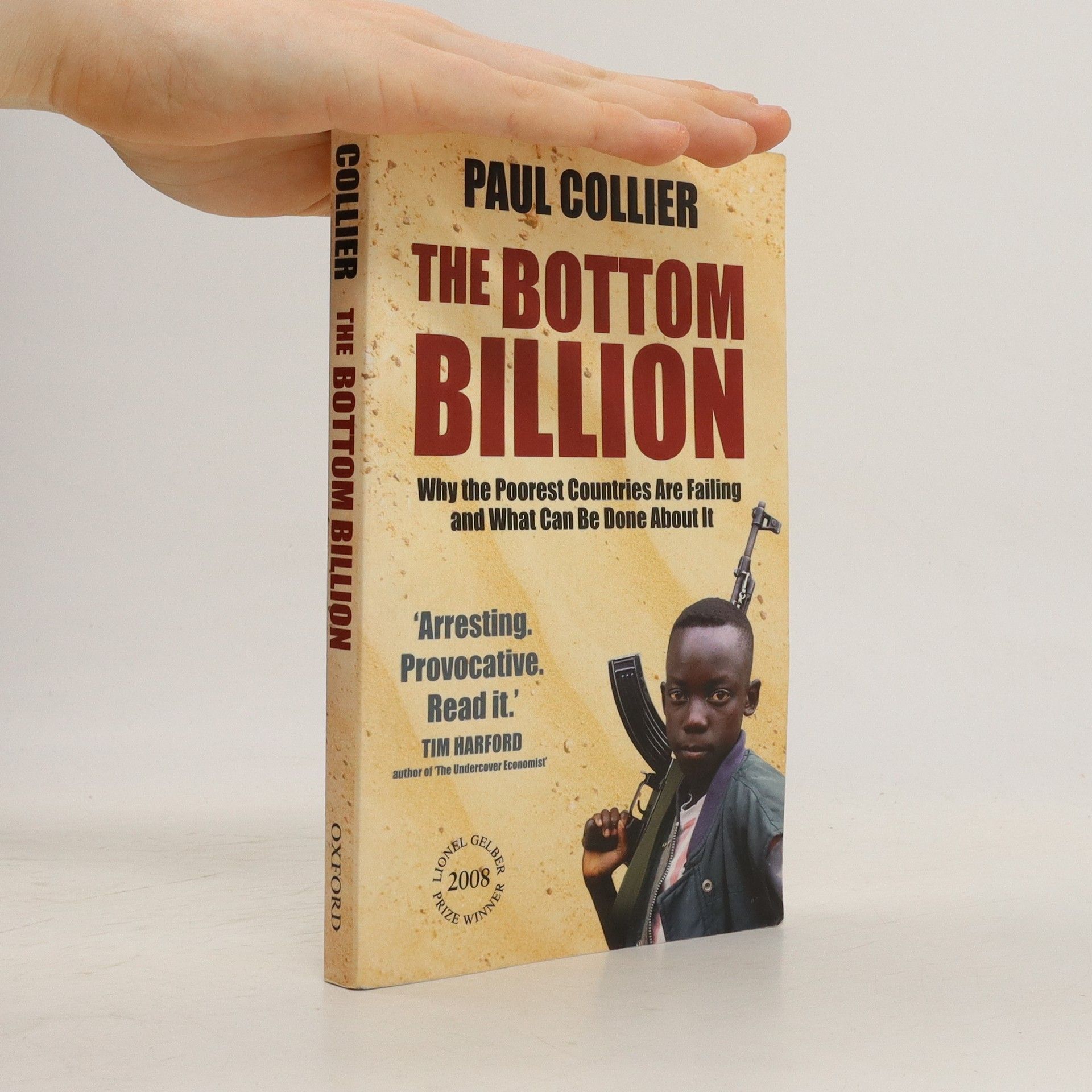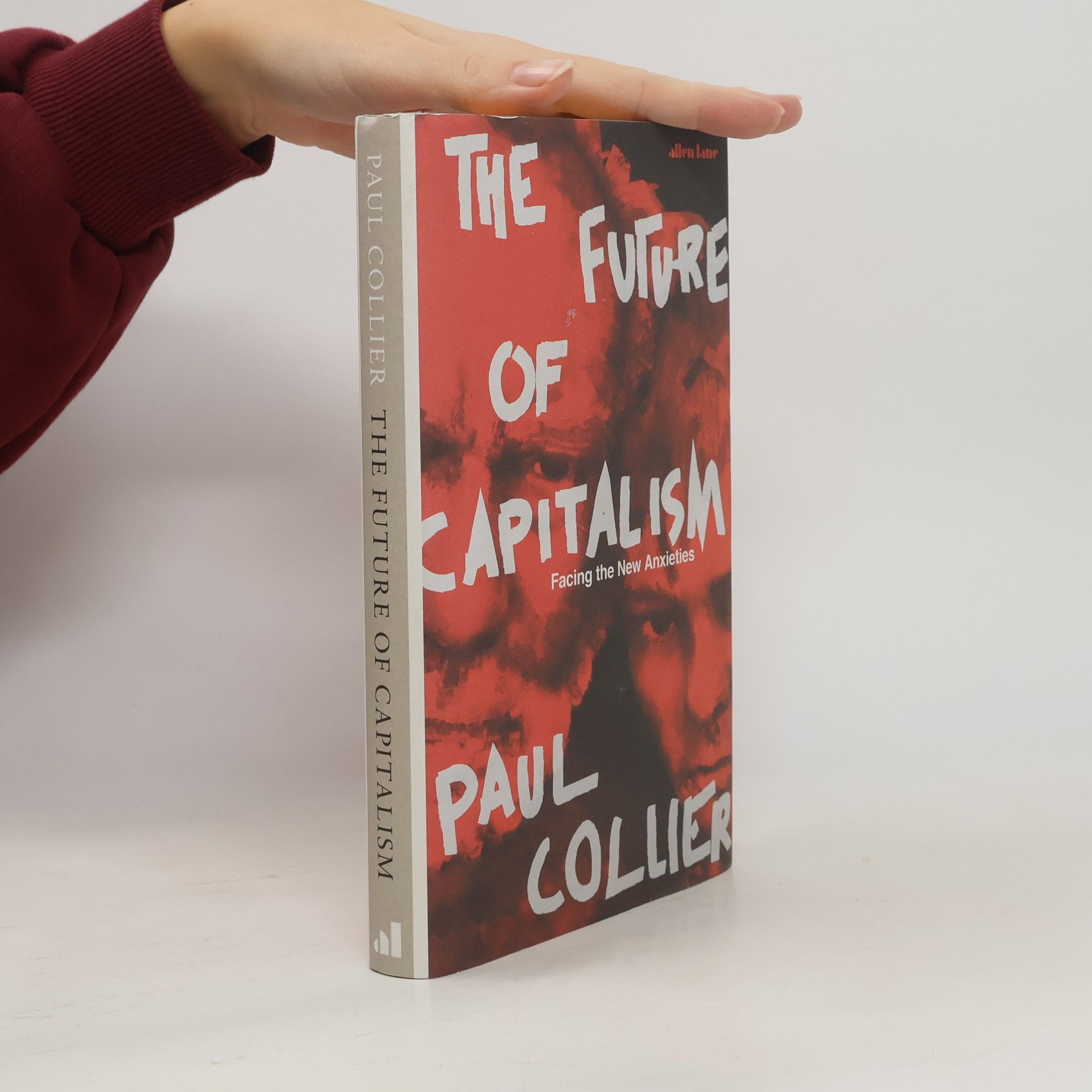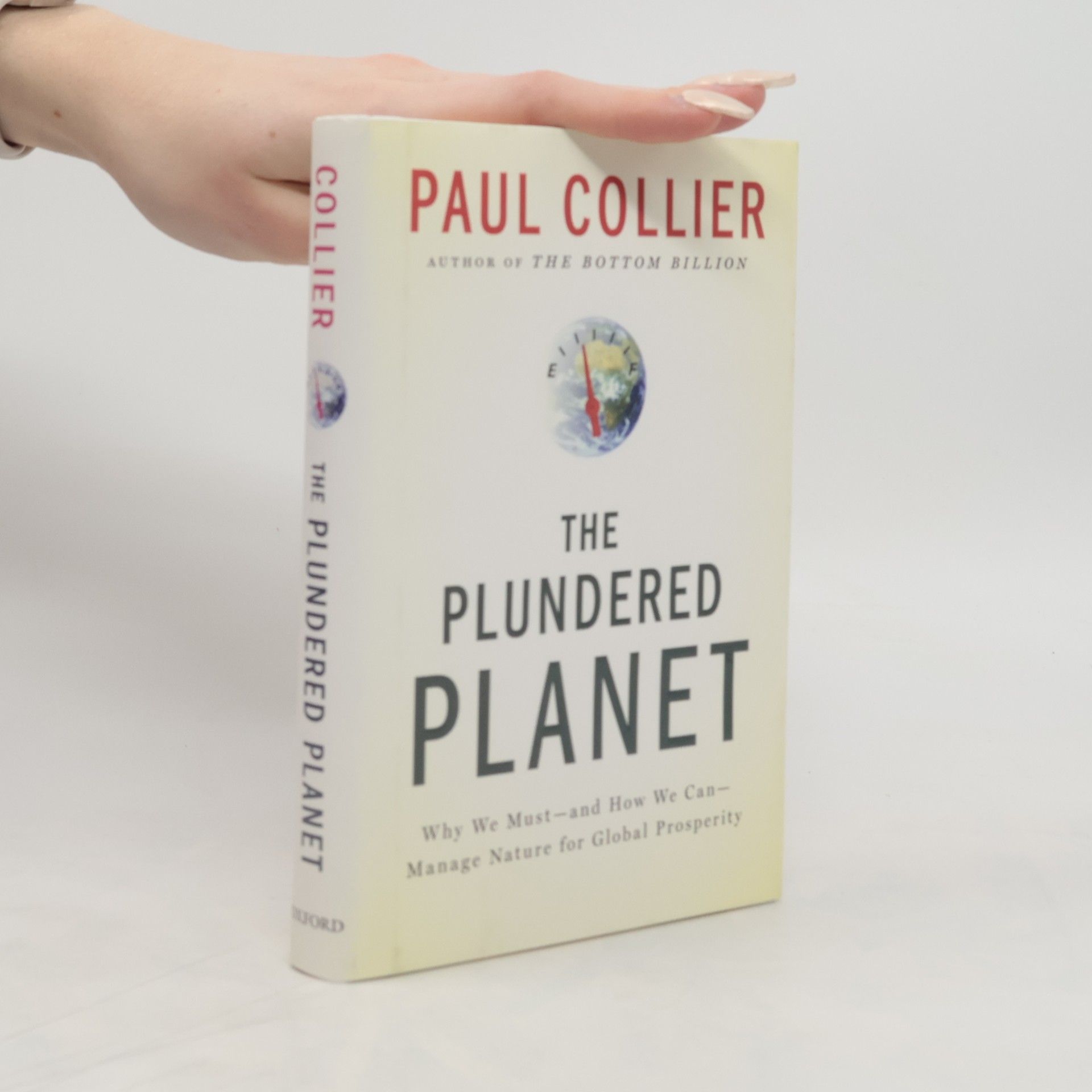Exodus. Jak migrace mění náš svět
- 260 stránok
- 10 hodin čítania
Migrace je jednou z nejnaléhavějších a nejkontroverznějších otázek naší doby – vehementně diskutovaná, prodchnutá ideologií, hluboce rozdělující. Komu by mělo být dovoleno migrovat a komu ne? Jaké jsou argumenty pro a proti omezování počtu imigrantů? Paul Collier, renomovaný ekonom a autor bestseleru Miliarda nejchudších, v této knize jasně a výstižně vykládá, jaké dopady má migrace na společnost, a k čemu by vedla neomezená migrace. Na základě vlastního výzkumu i výsledků výzkumů dalších odborníků autor vysvětluje problém migrace ze tří perspektiv – z perspektivy migrantů samotných, dále těch, kteří zůstávají ve své vlasti a nakonec z perspektivy obyvatel zemí, které migranty přijímají. Imigrace je jednoduchou ekonomickou rovnicí, ale její dopady jsou složité. Exodus potvrzuje, jak zásadní bude migrační politika ve světě, a zároveň navrhuje řešení, která by pomohla zrychlující se migraci zvládnout. Kniha nabízí provokativní a velmi výstižnou analýzu problému, který se dotýká nás všech.


